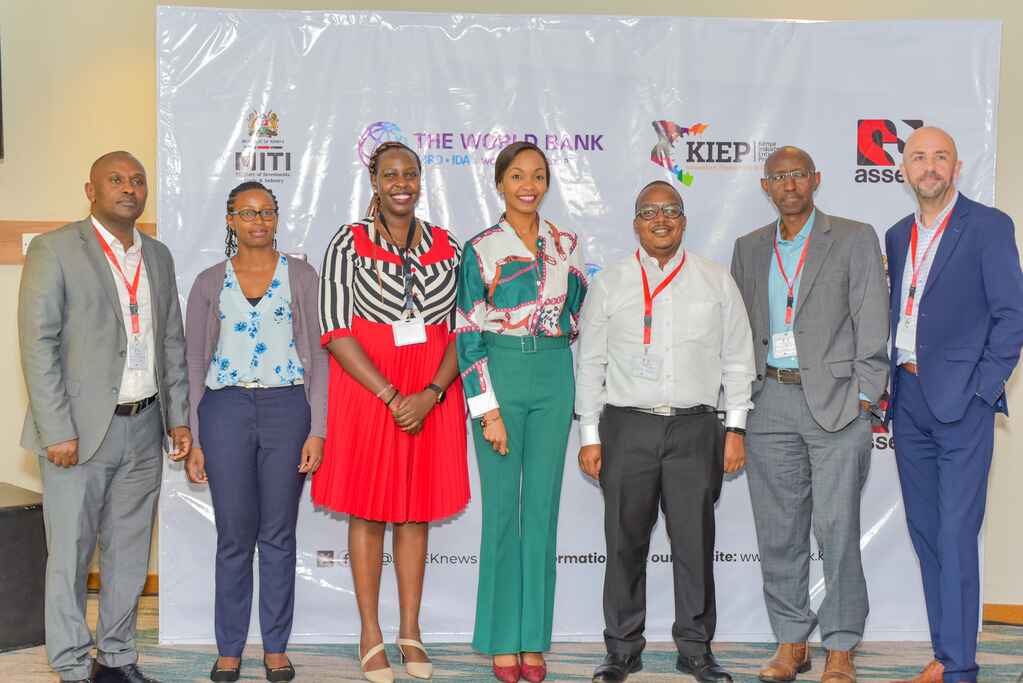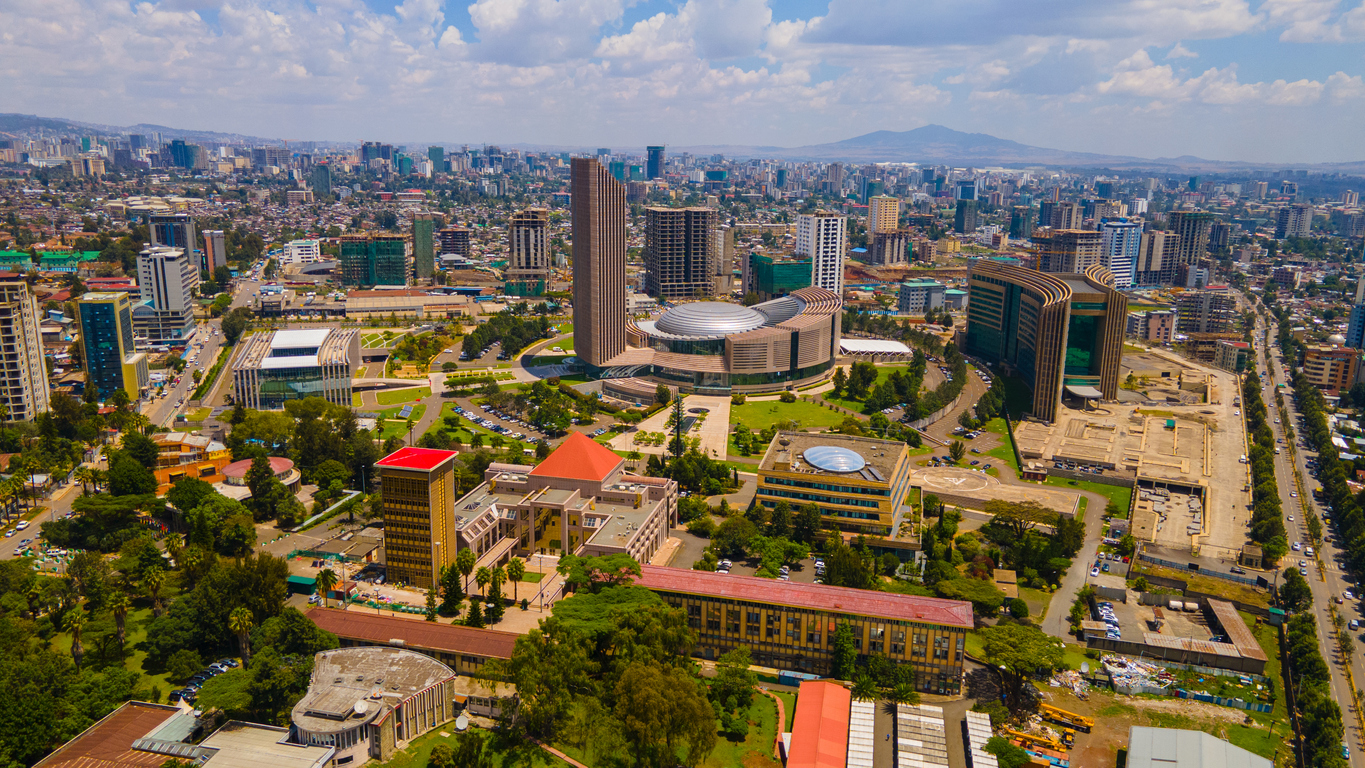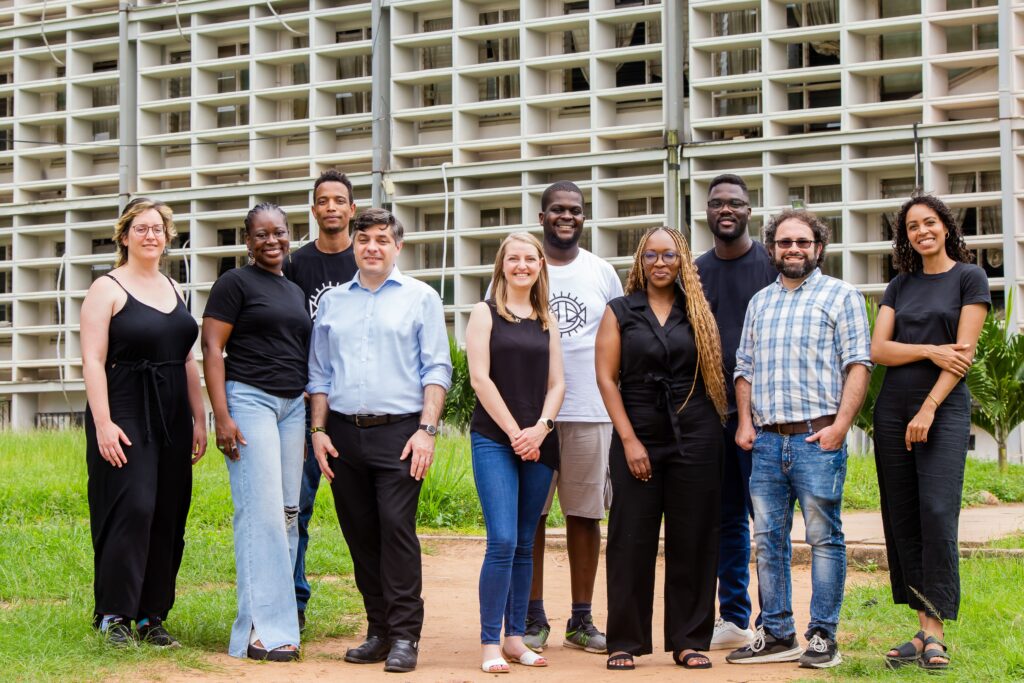Kenya’s tech ecosystem saw a transformative event with the December 2024 launch of the Kenya Startup Ecosystem Platform. This is an open-access database jointly developed by Dealroom.co, GrowthAfrica, and Systematic Innovation. The platform enables entrepreneurs, governments, global investors, and other stakeholders to easily access real-time data on startups, funding trends, and sectoral growth. Notable features of the platform include benchmarking tools, academic research capabilities, and global networking—dubbed “LinkedIn meets Bloomberg for startups”—which have helped position Kenya to compete in Africa’s $6.5 billion startup funding arena.
A Continent-Wide Movement
Kenya is not alone in this tech-driven push. More than 12 African countries, including Nigeria, South Africa, Rwanda, Egypt, and Ghana, are empowering similar initiatives. Rwanda held Africa’s first Global AI Summit (April 3 – 4, 2025). Earlier in 2024, Nigeria and South Africa introduced national AI policies to attract investment. A UNDP-backed effort, the AI Hub for Sustainable Development, is being implemented in nine African countries to focus on AI applications in agriculture, health care, and education. These efforts show that Africa is becoming increasingly data-rich and globally connected.
Long-Term Impacts of AI for Sustainable Development
- AI has the potential to add $1.5 trillion to Africa’s GDP by 2030. Notable examples are the AI diagnostics project, Tambua Health, in Kenya, and South Africa’s “AI factories” powered by GPUs, which showcase innovation across multiple sectors.
- Cross-border initiatives for AI Council for Africa and renewable-powered data centers in Kenya are directions to harmonize policies and reduce reliance on foreign tech infrastructure.
- Programs like Rwanda’s Smart Africa Digital Academy help make the population digitally literate, while Kenya’s Blockchain and AI Taskforce trains the youth.
- AI systems are being used to carry out climate-resilience projects such as precision farming and energy grids. The 93% renewable energy grid in Kenya is the bar for sustainable AI growth.
Challenges on the Road Ahead
Even though Africa has improved in many aspects, the International Telecommunication Union (ITU) estimated in late 2024 that only 38% of the continent’s population is using the internet. Further, 43% of Africans (600 million) were found to suffer from electricity deficits as of 2022 (See the IEA’s Africa Energy Outlook report). Besides these infrastructural issues, ethical risks like biased AI models also prevail.
Summing Up
Kenya’s platform and Africa’s shared AI dreams herald a new era. By combining various elements such as data transparency, regional collaboration, and ethical frameworks, the continent’s countries are well-poised to become innovation leaders for the world—turning homegrown solutions into scalable and sustainable opportunities. Africa’s tech future depends on balancing growth and inclusivity as partnerships with organisations, including Google and the Gates Foundation, deepen.


